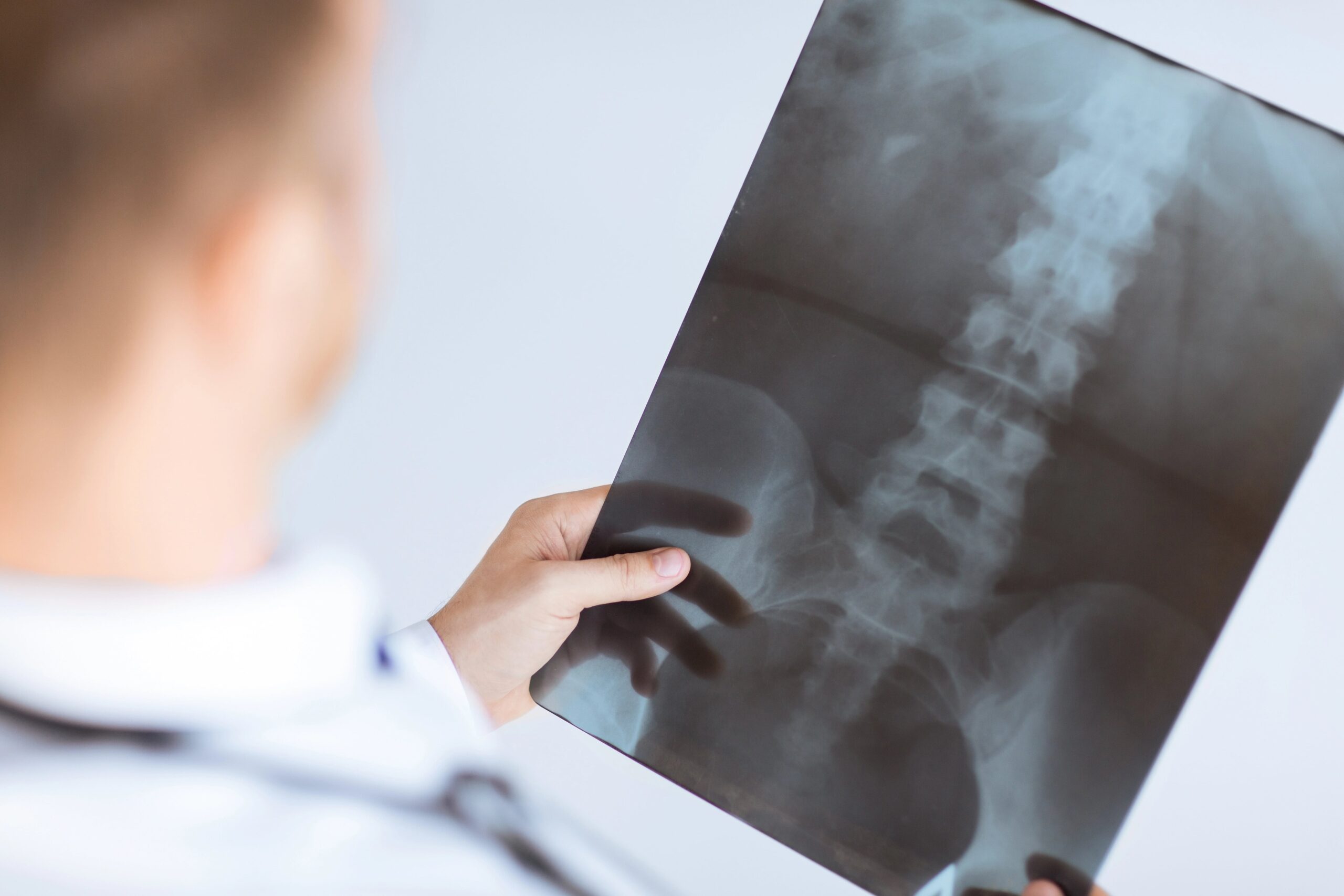Suffering a spinal cord injury could alter the course of your life. It occurs when you suffer trauma to your cervical, lumbar, or thoracic spine, damaging or severing your spinal cord, and the site of your injury will determine its effects. For example, a spinal cord injury to the cervical spine might result in quadriplegia, while one in the lumbar region could result in paraplegia. According to the National Institutes of Health, approximately 18,000 people in the US suffer a new spinal cord injury each year. Many of these injuries result from trauma during car crashes. Scroll down to learn what to expect when you suffer a spinal cord injury in a car accident.
Understanding Car Accident Spinal Cord Injuries
During a car accident, you might suffer trauma to your cervical, lumbar, or thoracic spine. If this injury damages or severs your spinal cord, you could suffer from permanent paralysis. Generally, the effects of a spinal cord injury occur beneath the injury site. For example, if you suffer an injury to the cervical spinal cord in your neck, you could be paralyzed from your neck down and be unable to use any of your limbs or feel sensation in them.
Paralysis involves permanent spinal cord and nerve damage that results in the loss of the ability to feel sensation and control movement below the injury site. It can also disrupt your ability to control or feel other bodily functions. Paralysis can be complete or incomplete. If you retain some of your motor or sensory function, you have incomplete paralysis. If you lose all of it, your paralysis is complete.
According to data from the National Spinal Cord Injury Statistical Center (NSCISC), auto accidents are the leading cause of spinal cord injury. Since 2015, 37.7 percent of all people with new spine injuries have incurred a spinal cord injury in a car accident.
Spinal Cord Injury Symptoms
Symptoms to watch for when you suspect that you or a loved one might have suffered a spinal cord injury in a car accident include the following:
- Loss of motion in the extremities
- Muscle weakness
- Loss of sensation
- Muscle spasms
- Tingling sensation
- Trouble breathing
- Pinching sensation in your spine
- Numbness
- Inability to feel touch or temperature
- Stinging sensation in your spine
- Loss of bladder and/or bowel control
- Digestive problems
- Sexual dysfunction
If you notice any of these symptoms, seek medical attention immediately. Doctors might be able to prevent your spinal cord injury from worsening with immediate care.
Lawsuits for Spinal Cord Injury
If your spinal cord injury in a car accident was the result of another driver’s negligent or reckless actions, you might be entitled to compensation through an injury lawsuit. The costs of a spinal cord injury can be substantial. Filing a lawsuit might help you recover compensation for all of your economic and noneconomic losses.
Some of the types of losses for which you might recover compensation in this type of lawsuit include the following:
- Past and future anticipated medical expenses
- Past and future anticipated lost wages
- Property losses
- Cost of renovating your home to make it accessible
- Cost of mobility devices
- Attendant care costs
- Rehabilitative care costs
- Physical pain and suffering
- Disability
- Psychological trauma
- Loss of the ability to enjoy life
- Loss of consortium (for spouses)
- Scarring or disfigurement
Your lawyer can review the evidence and explain whether you have grounds to file a lawsuit. They can also provide an estimate of how much you might anticipate receiving in a settlement offer and handle all aspects of the claims process.
Talk to Our Experienced Accident Lawyers
If you or your loved one suffered a spinal cord injury from an auto accident, you might have legal rights to compensation. Contact the experienced accident attorneys at the Law Offices of Bryan Musgrave today by calling 417-322-2222 or sending us a message online.

